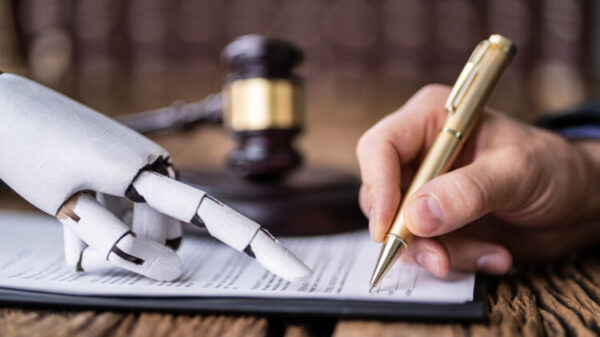The phenomenon of quiet quitting, where employees engage only in the minimum required tasks, has gained significant traction, affecting at least 50% of the U.S. workforce in 2023, according to a report by Gallup. A recent study from Bowling Green State University aims to investigate how fulfilling organizational promises can enhance employee engagement and reduce the prevalence of quiet quitting.
Truit Gray, an assistant professor in the Schmidthorst College of Business at Bowling Green State University, led the research, which highlights the critical role that human resources departments play in creating a fulfilling work environment. The findings suggest that when employees feel their organization has upheld its commitments—such as providing skill variety and ensuring fairness—they are less inclined to quiet quit.
The study underscores the link between promise fulfillment and positive employee behaviors. When organizations meet their commitments, employees are more likely to engage in organizational citizenship behaviors, which include mentoring new hires and taking on additional responsibilities. Conversely, when promises are broken, there is a marked increase in quiet quitting and counterproductive work behaviors, which can harm organizational performance.
Gray emphasizes the necessity for HR professionals to adopt a proactive approach in fostering a supportive workplace culture. As quiet quitting continues to impact various sectors, it is imperative for organizations to recognize the significance of employee perceptions regarding their workplace commitments.
The findings are documented in the journal Human Resource Management and offer valuable insights for organizations seeking to enhance employee engagement and mitigate the risks associated with quiet quitting. The study serves as a call to action for HR departments to reassess their strategies in fulfilling employee expectations and maintaining a motivated workforce.
For further details, refer to the study titled, “That’s Not What I Was Promised! Psychological Contracts and Quiet Quitting,” authored by Truit W. Gray and colleagues, published in 2025.








































































